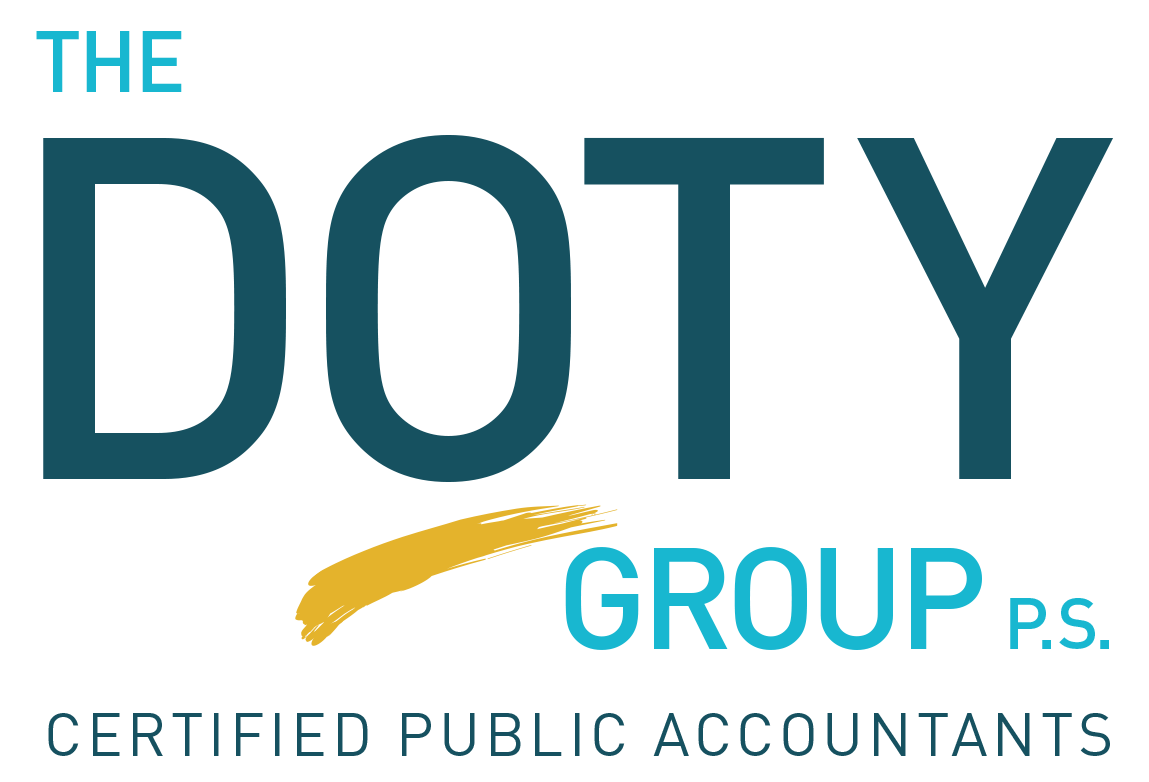New College Graduates Face a Whole New World, Including a Whole New Tax World
Wolters Kluwer Takes a Look at Tax Considerations for New College Graduates
NEW YORK - New college graduates are hopefully prepared to face the world, but a few post-graduate tutorials may be helpful to address some of the practical issues they are likely to face that were not covered in their course work. They may be moving for the first time from being dependents on their parents’ tax return to filing their own tax return. As they start their new job, they will be faced with issues such as tax withholding, retirement benefit elections, health benefit elections, and others that all have tax implications. Just as they had to study for their classes, studying up for the new tax world before them can be very beneficial and move them to the top of the class.
“College may have prepared you for your profession, but it may not have prepared you for tax proficiency,” said Mark Luscombe, JD, LLM, CPA and Principal Federal Tax Analyst for Wolters Kluwer Tax & Accounting. “Unless your specialty happened to be tax, getting a tax expert on your team early can help guide you through many tax-related decisions as you move from the halls of ivy to the halls of business.”
Here are some of the tax issues that college graduates should contemplate:
Coordinate taxes with your parents. Your parents may have been claiming you as a dependent on their tax return. Once you enter the work force, that probably has to change
Student loan interest. You or your parents may have been getting tax breaks for tuition, fees and other college expenses while in school. Tax breaks can continue for interest paid on outstanding student loans after graduation, but the rules get a little complicated
Continuing your education while starting work. Work-related continuing education is no longer deductible as a miscellaneous itemized deduction, but it may still qualify for exclusion from income if part of an employer provided educational assistance program. The Lifetime Learning Credit may also be available for graduate school or other post-college training
Retirement accounts. It is never too soon to start contributing as much as possible to retirement accounts, such as a 401(k) plan offered by your employer and an IRA or Roth IRA account
Health insurance. In addition to an exclusion for employer-provided health insurance, there are also tax-advantaged Health Savings Accounts and Flexible Spending Accounts to consider
Graduation gifts. Gifts are not taxable to the recipient, and, unless very large, may not be taxable to the giver either
Side gigs. Students often have had some experience working side gigs while in school, either as an employee or on their own. Keep good records of business-related expenses, which can be deducted if self-employed. Self-employed persons may also have to pay estimated taxes and self-employment taxes
Moving expenses. Prior to 2018, the expenses of moving to a new job could qualify for a tax deduction. However, as a result of the Tax Cuts and Jobs Act, those expenses are no longer deductible except for members of the Armed Forces
Part-year withholding. Starting a job mid-year can result in over-withholding based on the assumption you earned the same amount for the entire year. Check with your employer to see if part-year withholding is available
Record-keeping. Keep a file of tax-related documents, such as expense receipts and tax statements, so that you are ready for your tax professional at tax return preparation time
A little tax knowledge can help you get a great start to your career and later in life, as well.
About Wolters Kluwer
Wolters Kluwer Tax & Accounting is a leading provider of software solutions and local expertise that helps tax, accounting, and audit professionals research and navigate complex regulations, comply with legislation, manage their businesses and advise clients with speed, accuracy, and efficiency.


